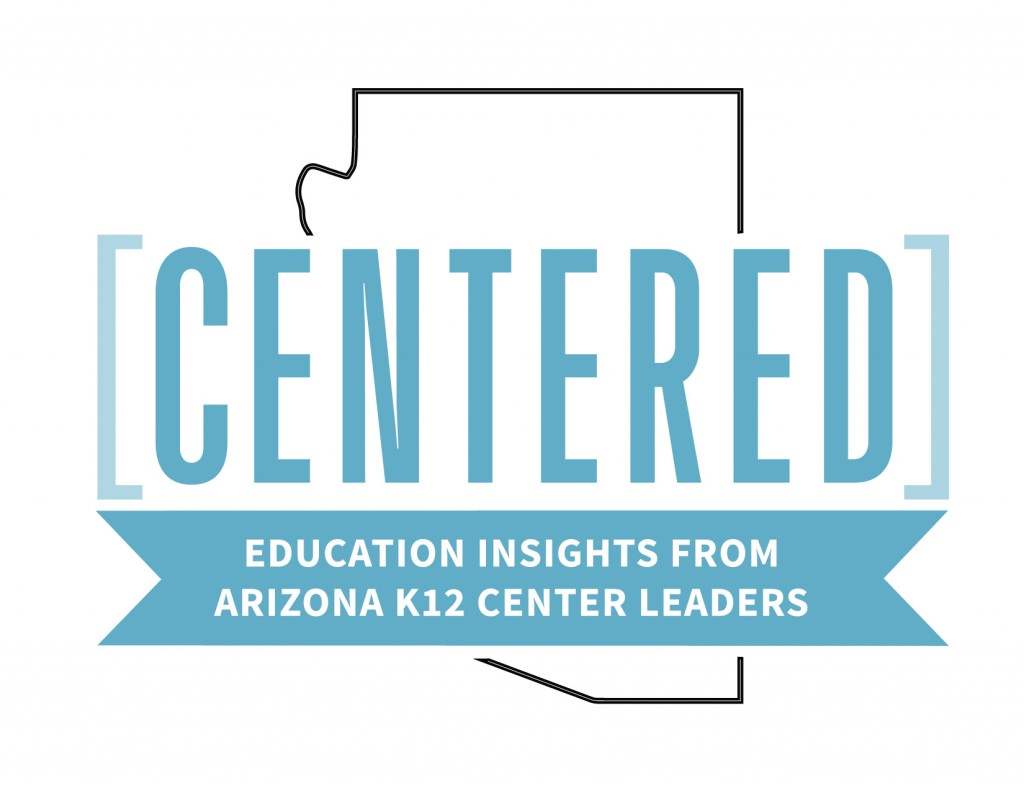Centered
Arizona K12 Center Executive Director Dr. Kathy Wiebke reflects on the continued reality of the COVID-19 pandemic.
Aug 31, 2020
In August 2018, my mother was diagnosed with myasthenia gravis, an autoimmune, neuromuscular disease. Until that day, I had never heard of it. Over the next 17 months, my mother went from an independent woman living with my father to a skilled nursing facility. There were moments of great hope as she worked with doctors and therapists, but, within a year, in spite of her excellent doctors, therapists, and care, we realized that my mom was not going to get better. These words, “it is what it is,” became my mom’s mantra. Every time she said them, I would cringe. I grew to detest those words. They were the words of a woman who understood the reality, and they were the words her daughter did not want to hear. “It is what it is” are the words you use when you have no hope and things are just the way they are.
My mom died on January 4, 2020. I remember thinking, ‘I will never have to hear those words again.’ So, imagine my surprise two weeks later when in church for her funeral the title of the pastor’s homily was “It Is What It Is.” I remember breaking out in laughter, thinking he knew my mom well. During the homily, he talked about God’s plan for us all and that what my mom had was a deep faith and it showed every time she said those words. At that moment, I found solace in the words I had grown to despise.
But, I still hated hearing them.
“It is what it is” is what you say when you have no hope. It is what you say when there is nothing you can do to change the trajectory of a situation. They are the words you say when you accept the current condition.
Today, we have the power to change our current reality. We can listen to medical experts, wear masks, keep our distance, and wash our hands. We can avoid crowds. We all carry the responsibility for our safety and those around us. Generations before us made far greater sacrifices. I think of my grandparents living through the Great Depression and World War II. I think about the men and women who leave their families to protect our country in peace and war. These are true sacrifices.
This morning, I heard a news report about college campuses and parties. The person interviewed said that we have to understand the freshman coming into college. They missed prom, their graduation, their summer fun. Now we are asking them not to socialize.
Last night, I read an article about a wedding that took place on August 7 in Maine that had 65 people in attendance. Today, 87 coronavirus cases and one death from COVID-19 have been linked to that wedding. In July, there was a wedding in San Francisco, not as big of a crowd, but with similar results.
We are surrounded by people we do not know. I want people to look at me and my family and say they matter. I wear my mask to protect them, I want them to do the same for me.
My biggest fear is that we will not get out of this cycle. This is not a case of “it is what it is.” We all know what we need to do. The question becomes are you willing to do the not too hard work of wearing a mask, washing our hands, keeping a distance, and staying away from crowds?



